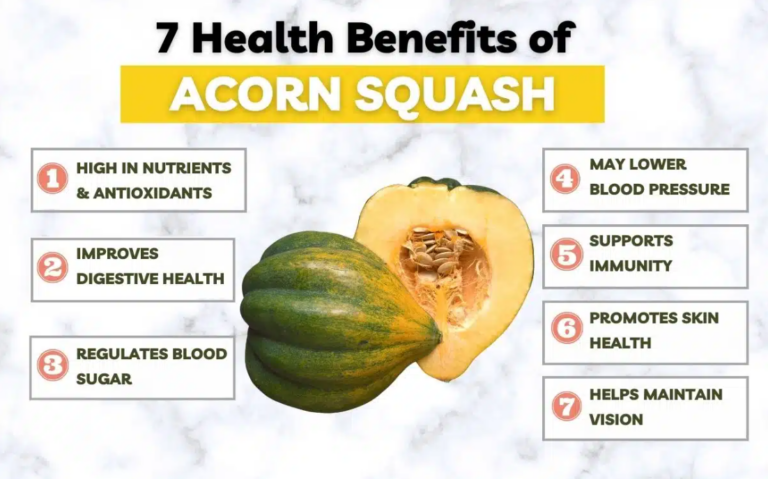Squash: 5 Key Advantages & Usage Tips
What Exactly is Squash?
Squash serves as a broad term encompassing various plant species, among them pumpkins, zucchinis, courgettes, and marrows. Within this expansive category lie dozens of distinct varieties, including buttercup, Hubbard, cushaw, acorn, summer, autumn, and winter squash, all belonging to the genus Cucurbita. In North America, these varieties are often simplified into two main groups: summer and winter squashes. Furthermore, squash classification frequently extends to include gourds, which themselves boast numerous classifications. For a comprehensive understanding, explore the article “8 Types Of Squash Fruits You Need To Know.”
Not only does the realm of squash encompass one of the most diverse groups of foods, but it also boasts a rich historical heritage. Squash varieties stand as some of the oldest cultivated crops globally, with archaeological evidence tracing their origins back to approximately 10,000 years ago in Mesoamerica. These crops notably formed part of the “Three Sisters” agriculture system practiced by Native Americans, who subsequently shared their agricultural knowledge with European settlers. This traditional trio of crops, consisting primarily of corn (maize), beans, and squash, were often cultivated together, potentially serving as staple elements in the diets of early American and other regional cultures.
- Nutritional Powerhouse: Squash, whether it’s acorn, butternut, or spaghetti squash, is packed with essential nutrients that promote overall health. It’s a rich source of vitamins A, C, and E, as well as dietary fiber, which supports digestive health and helps you feel full longer. Additionally, squash contains antioxidants that help protect your cells from damage caused by free radicals.
- Weight Management: If you’re looking to maintain or lose weight, squash can be a valuable addition to your diet. With its high fiber content and low-calorie profile, squash provides volume and satiety without excess calories. Incorporating squash into your meals can help you manage portion sizes and reduce overall calorie intake, making it easier to achieve your weight loss goals.
- Heart Health: Squash contains potassium and magnesium, two minerals that play important roles in heart health. Potassium helps regulate blood pressure by counteracting the effects of sodium, while magnesium supports proper heart function and helps maintain a steady heartbeat. By including squash in your diet, you can promote cardiovascular health and reduce the risk of heart disease.
- Immune Boosting: With its abundance of vitamins and antioxidants, squash can give your immune system a much-needed boost. Vitamin C, found in squash, is known for its immune-boosting properties and can help protect against infections and illnesses. Additionally, antioxidants like beta-carotene, found in orange varieties of squash, help strengthen the immune system and protect against oxidative stress.
- Versatile Cooking Ingredient: One of the greatest advantages of squash is its versatility in the kitchen. From soups and stews to salads and side dishes, squash can be used in a wide variety of recipes to add flavor, texture, and nutritional value. Roast it with olive oil and herbs for a delicious side dish, puree it into soups for a creamy texture, or spiralize it into “noodles” for a low-carb pasta alternative. The possibilities are endless!
By incorporating squash into your meals on a regular basis, you can reap the numerous health benefits it has to offer while enjoying its delicious taste and versatility. Whether you’re looking to improve your overall health, manage your weight, or simply add more variety to your diet, squash is a fantastic choice for any meal.



